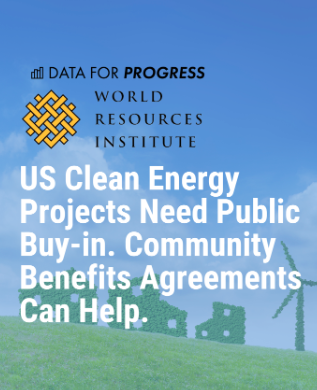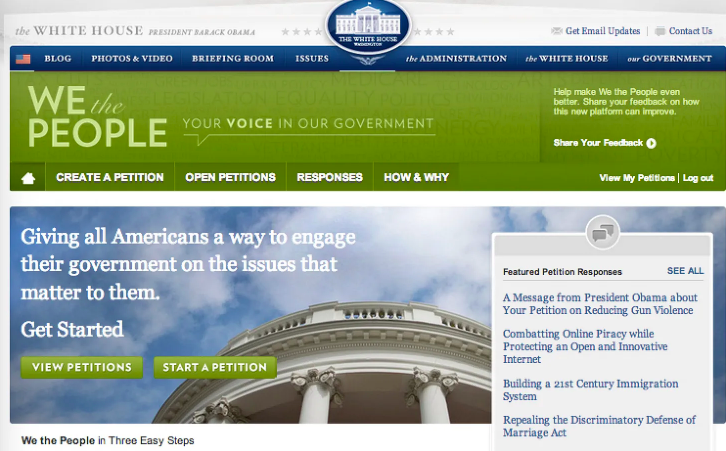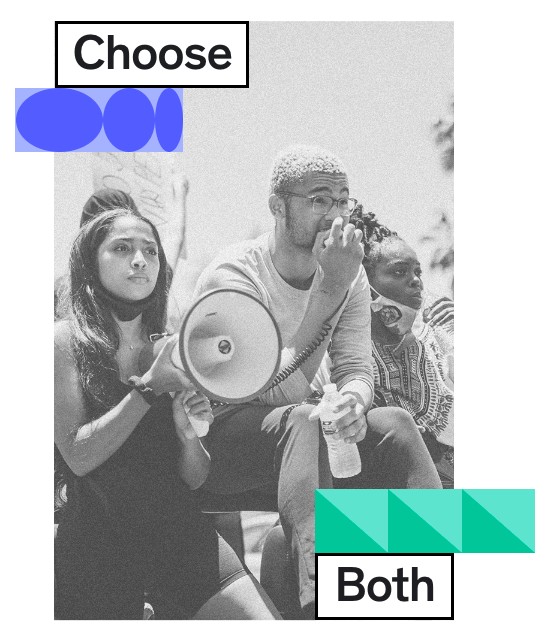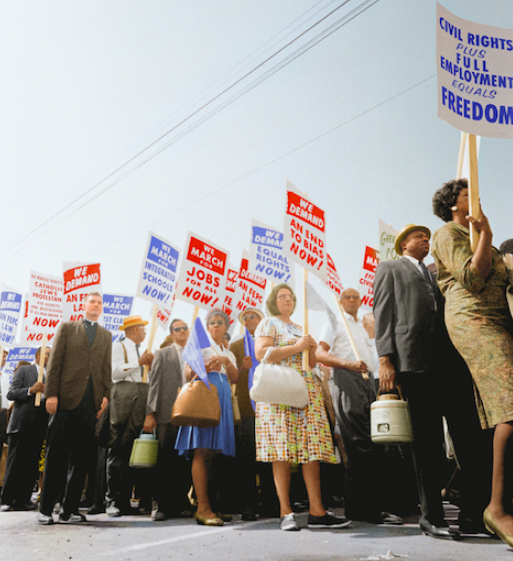Resources
Search below for resources covering the intersection of climate engagement, social science and data analytics.
RESULTS
Project Agreements Resource Guide
All projects receiving 2021 Infrastructure Investment and Jobs Act (IIJA) and 2022 Inflation Reduction Act (IRA) funds from funding opportunity announcements (FOAs) require community benefits plans (CBPs). CBPs establish the community and labor benefits project developers promise to embed within their project. Data for Progress is developing a series of resources to guide successful and strong implementation of CBPs, CBAs, and PLAs on climate-related development projects. If done right, these agreements can help redress past environmental injustices while providing good-paying jobs to impacted communities and ensure the United States is on a path to rapid decarbonization. These resources offer best practices, policy recommendations, and polling to underpin a progressive approach to project agreements and community engagement to achieve net-zero emissions equitably. The guides include: “US Clean Energy Projects Need Public Buy-in. Community Benefits Agreements Can Help,” “Community and Labor Benefits in Climate Infrastructure: Lessons for Equitable, Community-Centered Direct Air Capture Hub Development,” “Community Benefits Agreements Offer Meaningful Opportunities to Include Voters’ Voices in Development.”
On the declining relevance of digital petitions
Digital petitions are a mostly-outdated tactic now. Both our politics and our media environment have moved in directions that render them less useful. Where petitioning used to be the central tactic in a digital campaigner’s toolbox, the Trump years saw a rebirth of collective, place-based mobilization. They were years of record-setting marches and participatory local-level civic engagement. Plus we’ve seen a renaissance in union organizing these past few years. But still, the relevance of petitions has diminished—related to the pervasive sense that government officials no longer behave as though listening to and representing citizens is a core part of the job. And it’s a reminder that most of our digital behavior is downstream of a small handful of quasi-monopolistic companies. If American Democracy is going to make it through the next decade, we are going to need better elites. I suspect, if that happens, we will happen to see digital petitions make a comeback. In the meantime, campaigners will do the best with the tools they have available—they’ll develop tactical repertoires that fit the changing media environment and respond to the political opportunity structure.
The climate movement has a recruiting and retention problem – here’s how we fix it
Bringing more people into the climate struggle starts with transforming movement culture and opening diverse paths to entry. This article presents findings from a study of the Australian climate movement. One of the biggest themes heard from groups was the challenges they face in recruiting and retaining staff and volunteers with the skills, experience and capacities needed for climate justice work. First and foremost, we need to attend to the reasons why people experience barriers in stepping into climate work — including volunteering — by creating excellent cultures that motivate diverse and skilled people to join and stay in the movement for the long term. Second, to improve our culture, we need to open the doors as wide as possible, by creating accessible pathways into the movement for more people and, especially, for folks from more diverse backgrounds. This article gives specific ways to do each of these.
You Can Win Bold Climate Laws in Your State
New York State passed the Build Public Renewables Act in May 2023. In this resource, Olúfẹ́mi O. Táíwò spoke with three organizers from the NYC-DSA Ecosocialist Working Group who campaigned for the legislation. Socialists in New York City spearheaded the Build Public Renewables Act (BPRA) to authorize and mandate the public power authority, the New York Power Authority (NYPA), to build, develop, and own renewable energy in the state to meet the climate goals set in 2019 to decarbonize the state’s energy system. DSA also wanted to create discounted utility rates for low- to moderate-income communities because people are struggling to pay their energy bills, as well as close down all of NYPA’s gas peaker plants, which are primarily located in Black and brown neighborhoods. The campaign built relationships with environmental justice organizations like WE ACT, other DSA chapters, groups like Sane Energy Project, For the Many, Food & Water Watch, and Sunrise NYC—and it was tougher to power map to get labor unions to support the bill and get it over the finish line. DSA-endorsed legislators were crucial to pushing the policy inside the state legislature. This long-form interview includes many other descriptions of the campaign.
Nuts and Bolts for Building Resilient Organizations
These are the skills that leaders need to develop in order to build resilient organizations. Humility: A culture of humility lowers everyone’s blood pressure, providing the key foundation for people to be able to work through their differences together. Self-discipline: Self-discipline builds power at scale. Imposed discipline occasionally has its place (firings, etc.), but anything held together only through imposed discipline will be a lot smaller, more fragile, and less powerful than an adaptable, decentralized organization with self-disciplined leaders. To create self-disciplined leaders, we emphasize the skills of simplicity, habits, and joy. Love: It’s valuing people for who they are, seeing the best in them, and figuring out how to integrate people together into mutually beneficial relationships.
Choose Both
Choose Both is a collection of movement builders, supporters, and mobilizers helping partners realize a more open, just, and habitable world. They believe that pursuing equity for marginalized folks is the only way to get there. They work with storytellers, campaigners, designers, and more transforming the way that organizations and initiatives take on racial equity as an impact priority. Choose Both identified 5 key decision-points where these partners can choose both equity and evidence to strengthen their impact. First, choose goals that both capture new visions and meet existing needs. Second, choose storytelling that’s both emotional and technical. Third, choose to reach both loyal audiences and new communities. Fourth, choose to both consider data and challenge bias. Fifth, choose reporting that both inspires your own community and accounts for others.
Asian Americans left out of climate movement
Asian Americans have long been excluded from the national climate movement, activists and scientists told Axios. Asian Americans across the country are working to change that legacy of omission by leading climate organizations, protests and research. Climate justice activist Alexia Leclercq, who is Taiwanese with Indigenous ancestry, tells Axios that growing up in Texas, "upper class, white, mostly men" were always depicted as scientists or environmentalists. Although representation has "somewhat improved," Leclercq says the larger Asian American community is still "not included" in leadership within these spaces.
What the Climate Movement Can Learn from the Most Successful Civil Rights Organization
To realize a just transition, this article argues that we need more organizing projects that connect political goals and the economic self-determination of local communities. To do that, climate groups should learn from the Student Nonviolent Coordinating Committee (SNCC) of the 1960s.
Building a movement that can take full advantage of the IRA
The Inflation Reduction Act is ambitious climate policy, but history shows that ambitious policy is not always followed by ambitious implementation. In this episode, Hahrie Han of Johns Hopkins University and David Beckman of the Pisces Foundation talk about Mosaic, a grant-making coalition that aims to help build a robust movement infrastructure to ensure that vulnerable and underserved groups can take full advantage of the significant funding offered by the IRA.
Raise your hand if you want a better volunteer program
Planned Parenthood’s National Volunteer Program grew in size, scope, and influence from the summer to the end of the year in 2022. It did so by focusing on investing in and developing volunteers into leaders to keep momentum going around winning back abortion access. Here are some key strategies NVP used: Hosting weekly mobilization calls to welcome all volunteers into NVP and ensure people are getting plugged into immediate actions in less than 24 hours of event attendance; Volunteers self-selecting into text banking, phone banking, social media, community mobilization, and/or storytelling—each team has a weekly team call with multiple opportunities for volunteers to step up to be coaches for newer team members; Peer-to-peer texting keeps people plugged into opportunities within each team and is a primary source of information for volunteers; Running large Zoom calls for all volunteers to help deepen their understanding about abortion stigma, get skills-based training to become better storytellers or host teach-ins on their own, learn how to lobby, and participate in phone banks that support states at the local level to stop anti-abortion legislation; Having volunteers lead calls, facilitate meetings, speak out about their own experiences, and have a sense of ownership over the success of their teams; Organizer staffing and team management: Ensure there is a staffing team that can support your scaling volunteer program. An organizer is an essential part of a scalable snowflake model, and on average one organizer can manage 10-20 volunteer leaders, a volunteer leader can coordinate with an average of 5 volunteers, which can result in one organizer supporting a volunteer team size of 50-100 volunteers.
Pagination
- Previous page
- Page 2
- Next page









